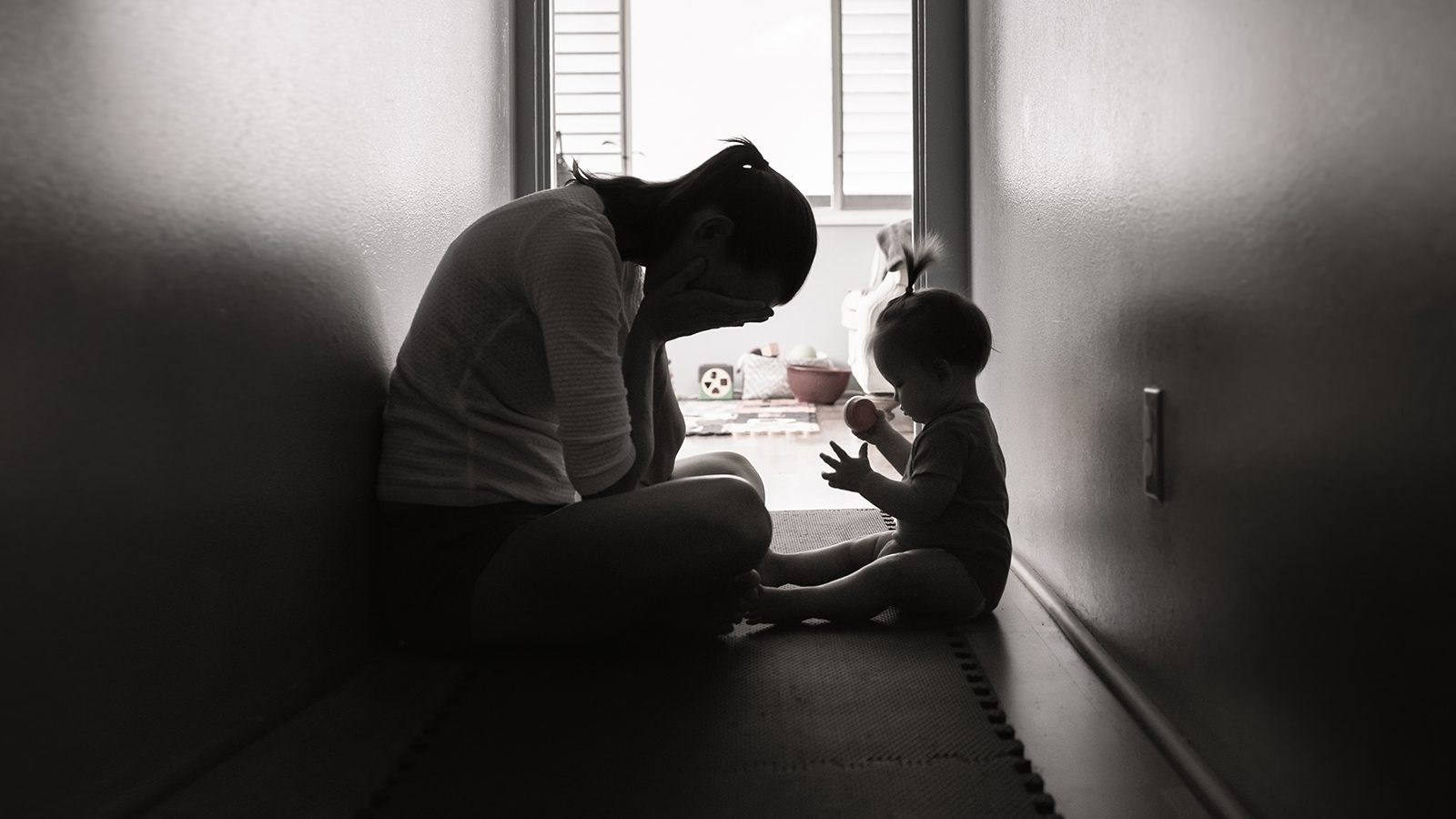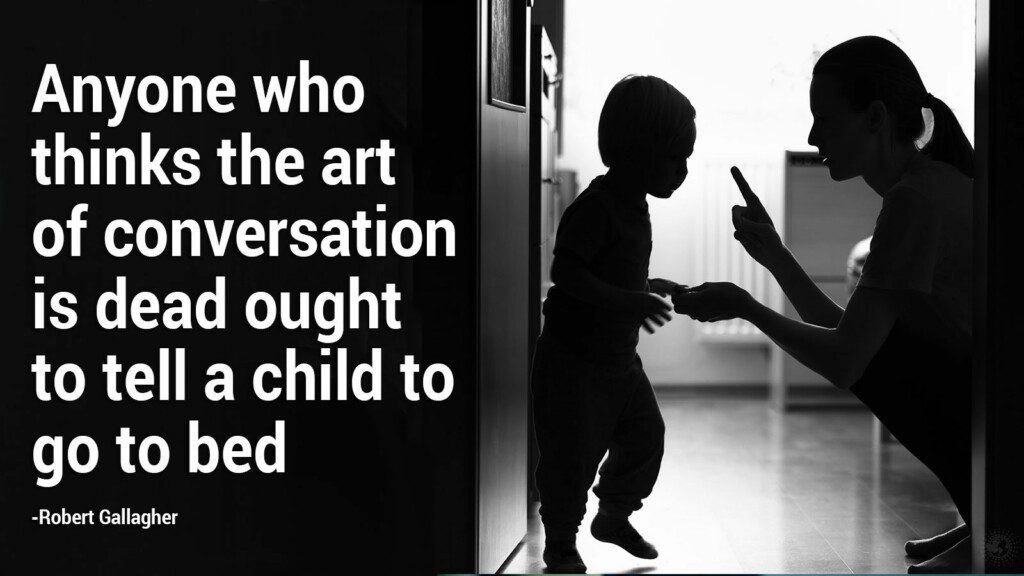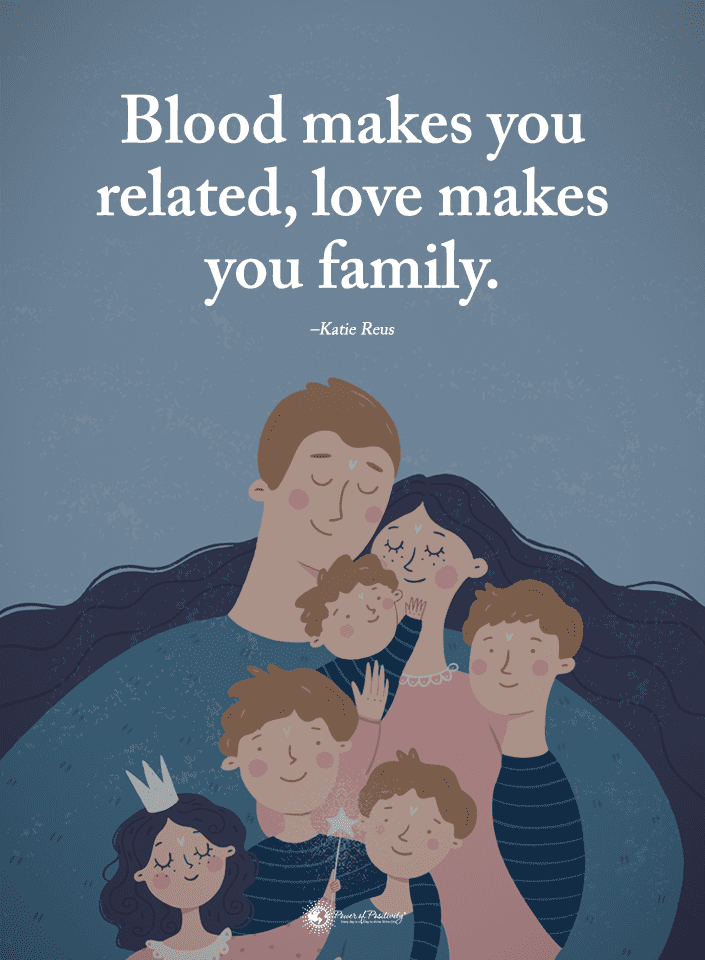Children are a blessing from above, but these little angels can cause their parents to experience a state of parental burnout at an alarming rate. Babies come into this world needing everything from you, and things change when they get past the toddler years. Sure, they can dress themselves and get a juice box from the refrigerator, but their needs only become more significant as your child ages.
If you were one of the parents who said things would get easier when they were 18, you probably now know how unrealistic that statement is. As children get bigger, so do their problems. Parental burnout isn’t uncommon and can cause serious mental health repercussions.
According to the American Psychological Association, at least five million parents seek help for burnout. It might manifest as depression, anxiety, or even irrational thoughts of hurting the child or yourself to cope with the pain. Sadly, it’s nothing that can be fixed overnight.
Nine Primary Causes of Parental Burnout
Getting to a place called wit’s end is not uncommon, but what causes people to get to this desperate point? Here are a few things the World Health Organization discovered cause this feeling.
- Lack of clear boundaries
- Trying to please people
- Not communicating properly
- Having unrealistic expectations
- Demanding and conflicting schedules
- Role assumption
- Limited resources
- No support
- Lack of trust in others
Fifteen Signs You’re Experiencing Parental Burnout
How do you know if you’re experiencing burnout? Here are some of the signs that the stress of parenting is exhausting you mentally and physically.
1. Bedtime Procrastination
You put off going to bed because the nighttime is when everything seems worse. It’s too quiet, and you can’t shut your mind down. You replay all the day’s events in a loop you can’t turn off.
Anxiety and depression are often worse in the night hours, and it’s why so many people struggle with their sleep.
2. Burnout Causes Memory Problems
You once had a memory like an elephant, as you never forgot a thing. Now, it seems you overlook the smallest of matters. You feel like you’re losing it and don’t know how to fix things. Your memory issues may cause you to forget a child from school or to pay an overdue bill.
3. Sleep Disturbances
Sleep disturbances affect many people in different ways. You may sleep too much, or you may not get nearly enough rest. It can also fluctuate back and forth depending on what’s going on. One of the signs that depression is setting in from your burnout is your sleep is altered.
4. Isolating Yourself from Others
When you’re experiencing emotional pain, and it’s affecting every facet of your being, you don’t feel like being social. You may take solace in your bedroom and even try to avoid your children as much as possible. Going to work, or getting groceries for your home, may seem like overwhelming tasks that are impossible.
5. Shame and Guilt for Parenting Styles
It’s only natural for you to blame yourself for how your children behave. Parents who manage special needs children tend to have a higher burnout rate than others. You may feel guilt for your child’s differences, and when you’re blaming yourself, it only makes matters worse.
According to a study by Frontiers in Psychology, parents on lockdown with special needs children were seventeen percent more likely to experience parenting-related exhaustion. Things going on in the world were challenging enough, but adding a special needs kid to the mix makes things even more difficult.
You may blame yourself for your child’s condition, especially if it’s genetic. However, you must know that you can’t be responsible for such a thing. What if your child isn’t special needs but has behavioral issues? You can also blame yourself for lacking effective discipline.
6. Burnout Can Lead to Disconnecting from Children
Since the children are causing you to feel emotionally unstable, you may disconnect from them. It doesn’t mean that you don’t love them or care, but you want to be anywhere they’re not. It’s a coping mechanism that many people use to detach themselves from the situation.
7. Decline in Mental Health
A decline in mental health can be sudden or gradual. You may begin having panic attacks, have increased anxiety, or depression may overwhelm you. Any mental capacity alteration due to stress is a red flag.
8. Overwhelming Anxiety
According to the U.S. Department of Health & Human Services, there are five different types of anxiety. While you may have struggled with generalized anxiety before, now that you’re feeling burnout, you may find yourself struggling with OCD.
Some people stop driving because they fear being closed in a car and what can happen is overwhelming. Anxiety can signify inward turmoil, and any five disorders can accompany your emotional exhaustion.
9. Frustration Comes From Parental Burnout
Do you jump to conclusions? Are you yelling at your children or perhaps even calling them names? While it’s wrong to resort to such tactics, it’s not uncommon. Parents at their wit’s end and feeling burnout will often feel frustrated.
It’s effortless to take your frustration out on those who seem to be the source of the tension. Even the slightest infraction can make you go off the deep end.
10. Physical Exhaustion
When the mind is tired, the body seems to follow suit. You can sleep for ten hours and awaken feeling unrefreshed. You have aches and pangs with no reasonable explanation, even though your physician has run every test possible.
11. Parenting Leaves Little Time for Self-Care
You must have time to take care of yourself. If you don’t attend to your needs, you’ll find that you’ll wear down quickly. You need time to separate yourself from your partner and children to refresh your mind and relax. One of the hallmark signs of someone who doesn’t get proper self-care is they experience a mental breakdown.
12. Depression
What once were feelings of hopelessness have now become full depression. According to a National Library of Medicine study, around 7.5 million adults suffer from parental depression. The study also found that this puts over 15 million children at risk, as their parents can’t care for them like they should in this state.
13. Violent Urges (Don’t Ignore These Parenting Red Flags)
It’s the dark side of parenting fatigue that no one wants to talk about, but your frustration can grow to the point where you have violent urges. Violent thoughts can be part of anxiety, and these people rarely act on these irrational thoughts. However, with depression and anxiety comes an increased risk for psychosis.
While names like Andrea Yates or Susan Smith dominate the news on mothers who had psychological meltdowns and harmed their children, it happens more often than is reported. According to CNN, around 500 children each year lose their life at the hands of one of their parents.
You want to think that your frustration and feelings of being burned out won’t ever resort to this level of drama. However, if you have any thoughts of anything violent, you need to separate yourself from the children and seek immediate help.
14. Overwhelmed & Exhausted for Weeks
One of the signs that you’re at your mental limit is that you’ve been exhausted and overwhelmed for weeks, and it doesn’t seem to go away. When you don’t feel like you anymore, it’s time to ask for assistance to help you get to a good place.
15. Neglecting Your Child’s Physical, Educational, & Emotional Needs
You may feel like you can no longer care for your child when you’re breaking mentally. You may feel like cooking mac-n-cheese takes significant effort, and providing for their emotional needs seems impossible when you can’t provide for your own.
Six Ways to Seek Help When Parenting Feels Overwhelming
If you feel that you’re at the point of breaking because you’re burned out with life and raising kids, you must seek help. Here are some things you can do.
- Ask your spouse to step up and help more during this time.
- Seek support from family members, including those who can allow you to have breaks.
- Ask friends to help and watch the kids, allowing you to rest.
- Talk to a therapist and find effective coping mechanisms to manage your stress.
- Hire someone to help with chores and childcare if the children are younger.
- Embrace self-care.
Final Thoughts on Identifying and Coping With Parental Burnout
You should never feel embarrassed because you’re having a hard time and frustrated raising your kids. There’s lots of pressure and stress in the world that can be overwhelming. Even the best folks need a robust support system to help them out when times get tough, and it’s not a bad idea to hire someone if you’re load is too heavy.
The best parental figures aren’t the ones who buy their children everything their heart desires. However, they’re the ones who know when they’ve reached their limit, and they put their kid’s overall well-being first, and they get the help they need.



















